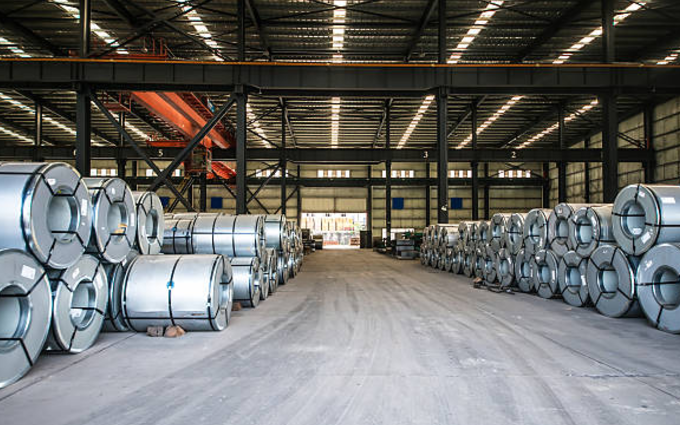
Posted on Friday, October 7, 2022
Morocco is rapidly becoming a hub for industrial and construction projects, making the demand for high-quality steel coil rise significantly. Importing steel coil into Morocco can be a lucrative endeavor for businesses involved in manufacturing, construction, and trade. This guide provides a detailed overview of the process, including costs, tariffs, delivery considerations, and tips on selecting the right steel coil for your needs. A Q&A section is also included to address common concerns.
1. Understanding Costs
The cost of importing steel coil into Morocco can vary widely depending on several factors:
Moroccan customs duties and taxes must be carefully considered to ensure compliance:
Tip: Work with a customs broker to ensure accurate classification and avoid unexpected fees.
Efficient delivery ensures the steel coil reaches your facility on time and in good condition. Key considerations include:
When importing steel coil, quality and specifications are critical:
Q1: What documents are required for importing steel coil into Morocco? A: You’ll need a bill of lading, commercial invoice, packing list, certificate of origin, and mill test certificate. Some shipments may require additional permits.
Q2: How can I reduce costs when importing steel coils? A: Negotiate bulk discounts, compare shipping rates, and optimize incoterms to share responsibilities with your supplier.
Q3: Are there restrictions on steel coil imports into Morocco? A: While there are no outright bans, certain grades or products may be subject to quotas or anti-dumping duties.
Q4: How do I ensure the quality of the steel coil upon arrival? A: Inspect the shipment upon delivery and compare it with the specifications outlined in the purchase agreement and mill test certificates.
Q5: Can I import used or recycled steel coils? A: Yes, but ensure they meet Moroccan regulatory and quality standards. Some recycled coils may require additional testing.
Importing steel coil into Morocco can be a smooth process if you understand the costs, tariffs, and logistics involved. By focusing on quality and working with trusted suppliers and logistics partners, you can meet your project’s requirements while minimizing risks. Use this guide to streamline your importing process and gain a competitive edge in Morocco’s thriving industrial market.

Used Purlin Roll Forming Machines for Sale Worldwide
Posted on Sunday, January 25, 2026
Pre-Owned Roll Forming Machines for Purlin & Structural Steel Profiles

Used Roof Panel Roll Forming Machines for Sale Worldwide
Posted on Sunday, January 25, 2026
Pre-Owned Roll Forming Machines for Roofing Panel Production

Used Roll Forming Machines for Sale Worldwide
Posted on Tuesday, January 20, 2026
Pre-Owned Roll Forming Machines with Inspection, Verification & Global Support

Steel Coil Supply for Roll Forming Machines Worldwide
Posted on Tuesday, January 20, 2026
Reliable Steel Coil Supply for Roll Forming, Fabrication & Manufacturing Applications
Copyright 2026 © Machine Matcher.